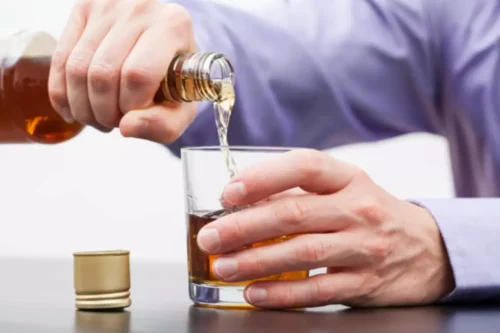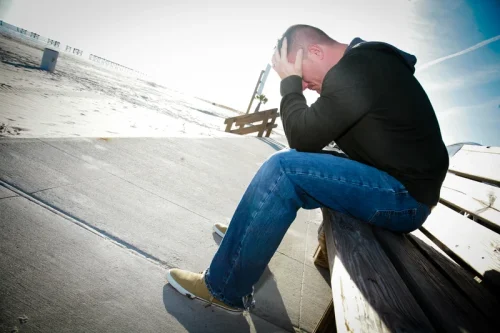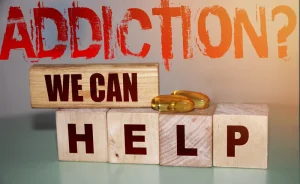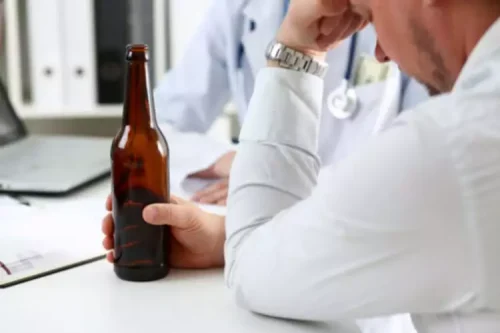Alcohol Induced Panic Attacks What are they and Can you

Although they’re not physically harmful, they can take a toll on your mental health and stop you from doing the things you love. Don’t be embarrassed to tell your healthcare provider that you have panic attacks. Your provider can help you overcome fears and anxieties that trigger attacks.
Medical tools and resources

It’s essential to have self-compassion if you feel embarrassment, regret, and shame after drinking. Read on to learn why you might feel anxious after drinking and ways to prevent it. In an attempt to alleviate the worsening anxiety and discomfort, individuals might turn back to alcohol, creating a dependence loop.

Can Alcohol Use Make Anxiety Worse?
When we reach for alcohol in an effort to calm the symptoms of anxiety and panic, we can become trapped in a vicious cycle that may eventually lead to a physical or psychological addiction. Take my old belief that « anything liquid won’t make me gain weight » as an example. My belief came https://ecosoberhouse.com/article/how-to-stop-alcohol-shakes-tremors/ from the observation of people drinking smoothies for weight loss and the experience of losing water weight after a heavy drinking session. As maintaining an ideal body weight was relevant to me, I captured the information and formed an assumption that liquids equal weight loss.
- Alcoholism leads to a range of biopsychosocial problems, and anxiety can result from alcohol-related disturbances in each of these domains.
- He has a nursing and business/technology degrees from The Johns Hopkins University.
- A rise in BAC levels leads to temporary feelings of excitement, but feelings of depression occur as BAC levels fall.
- Since panic attacks can cause physical symptoms, it can sometimes be hard to tell whether you are having one or experiencing another, more serious event.
- Dehydration can also cause physical discomforts, such as headaches, dizziness, and fatigue – all of which can contribute to feelings of unease and distress, which can amplify anxiety.
Clinical Research
Over 40 research groups conduct basic neuroscience research and clinical investigations of mental illnesses, brain function, and behavior at the NIH campus in Bethesda, Maryland. Find out how NIMH engages a range of stakeholder can drinking alcohol cause panic attacks organizations as part of its efforts to ensure the greatest public health impact of the research we support. Download, read, and order free NIMH brochures and fact sheets about mental disorders and related topics.
However, when someone feels anxious on a regular or even daily basis, this is where troubles can start to mount. If your anxiety is starting to impact your day-to-day life, then you might be suffering from anxiety. For most people, these anxious feelings disappear once they are removed from stressful situations or overcome them. Anxiety is feeling worried, stressed or fearful about certain situations on a regular basis. You can either suffer from mild, moderate or severe anxiety depending on your symptoms. When you aren’t drinking, the lack of natural inhibitors can contribute to panic attacks and seizures.
Mental Health Disorders

How Anxiety and Alcohol Feed into Each Other
- As alcohol is a sedative and depressant, it can relieve feelings of fear and anxiety in the moment.
- Hangovers can also add to the stress, if a person can’t function, or has to miss work/school.
- Another thing to watch out for is increases in the severity and frequency of anxiety levels and alcohol panic attacks.
Get professional help.


